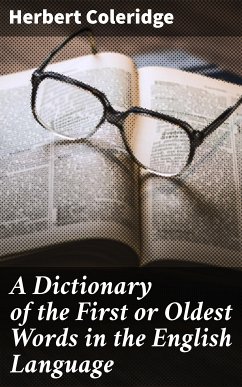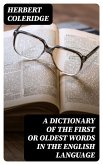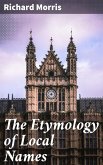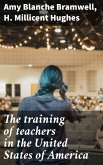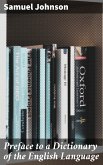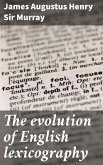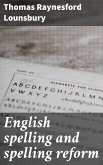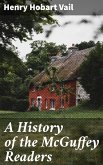In "A Dictionary of the First or Oldest Words in the English Language," Herbert Coleridge embarks on an ambitious exploration of the origins and evolution of the English lexicon. This work meticulously compiles and categorizes archaic terms, presenting deep scholarly insights into their etymology, usage, and contextual significance across time. Coleridge's methodical approach resonates with the lexicographical tradition of the 19th century, characterized by a burgeoning interest in historical linguistics, as the author seeks to illuminate the linguistic tapestry that defines contemporary English while honoring its roots. Herbert Coleridge was not only a lexicographer but also a member of the influential Coleridge literary family, which included his celebrated uncle, Samuel Taylor Coleridge. This familial connection, alongside his own studies, likely ignited his interest in the interplay between language, culture, and history. Coleridge's scholarly pursuits, influenced by the Romantic era's fascination with antiquity and origins, culminate in this dictionary, which reflects both his intellectual rigor and a personal quest to map the ancestral terrain of English vocabulary. This dictionary is an indispensable resource for linguists, literary scholars, and anyone with a passion for etymology. Coleridge's thorough research offers readers a profound understanding of how language evolves, allowing them to appreciate the depth and richness of English words. Readers will find immense value in the insights this work provides, grounding their comprehension of modern English in its historical foundations.
Dieser Download kann aus rechtlichen Gründen nur mit Rechnungsadresse in A, B, BG, CY, CZ, D, DK, EW, E, FIN, F, GR, H, IRL, I, LT, L, LR, M, NL, PL, P, R, S, SLO, SK ausgeliefert werden.

